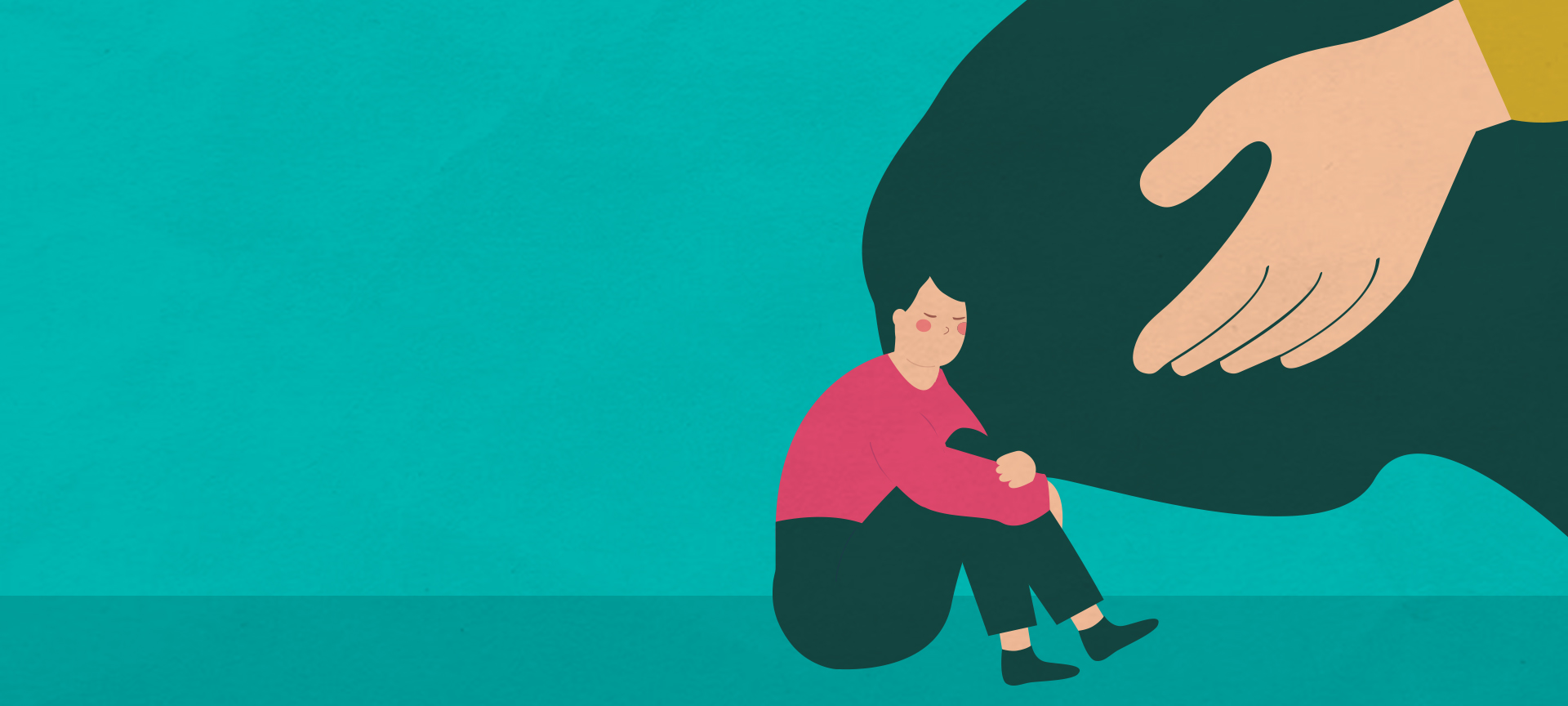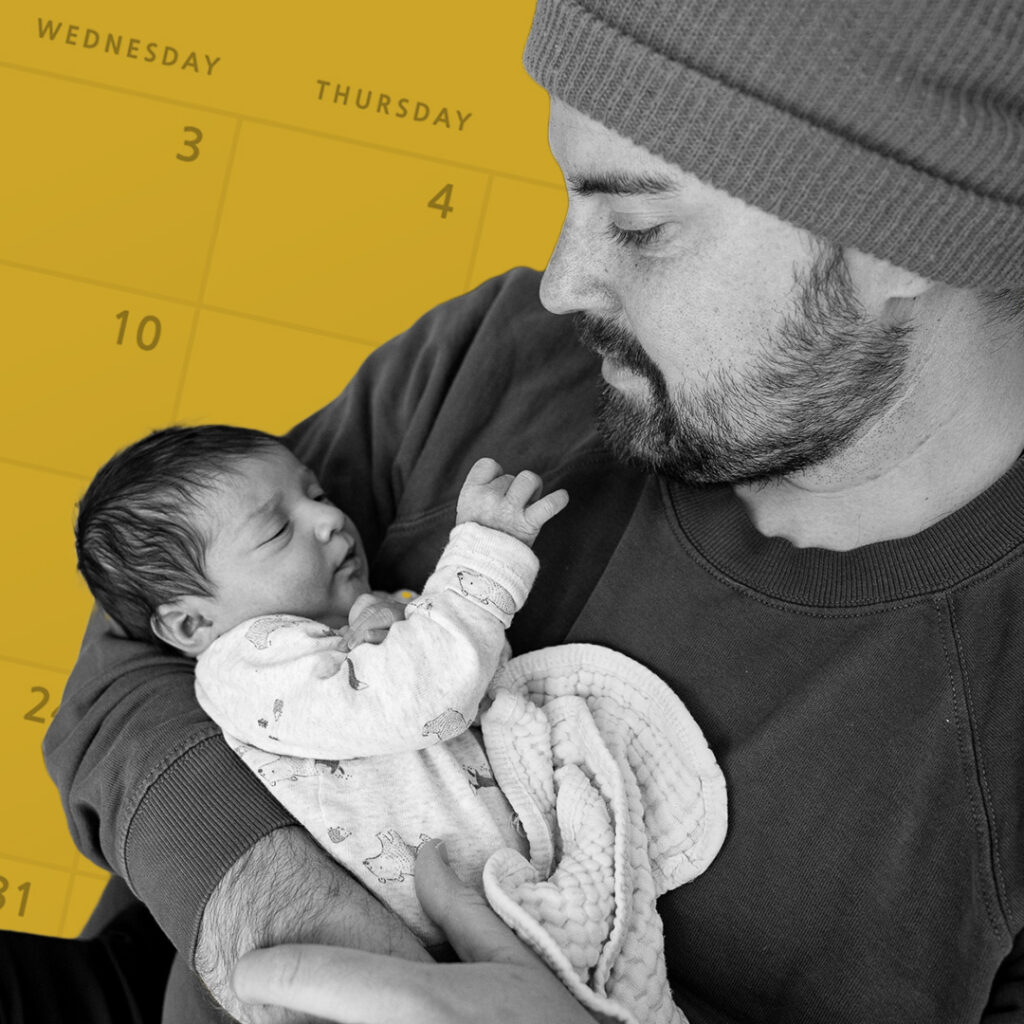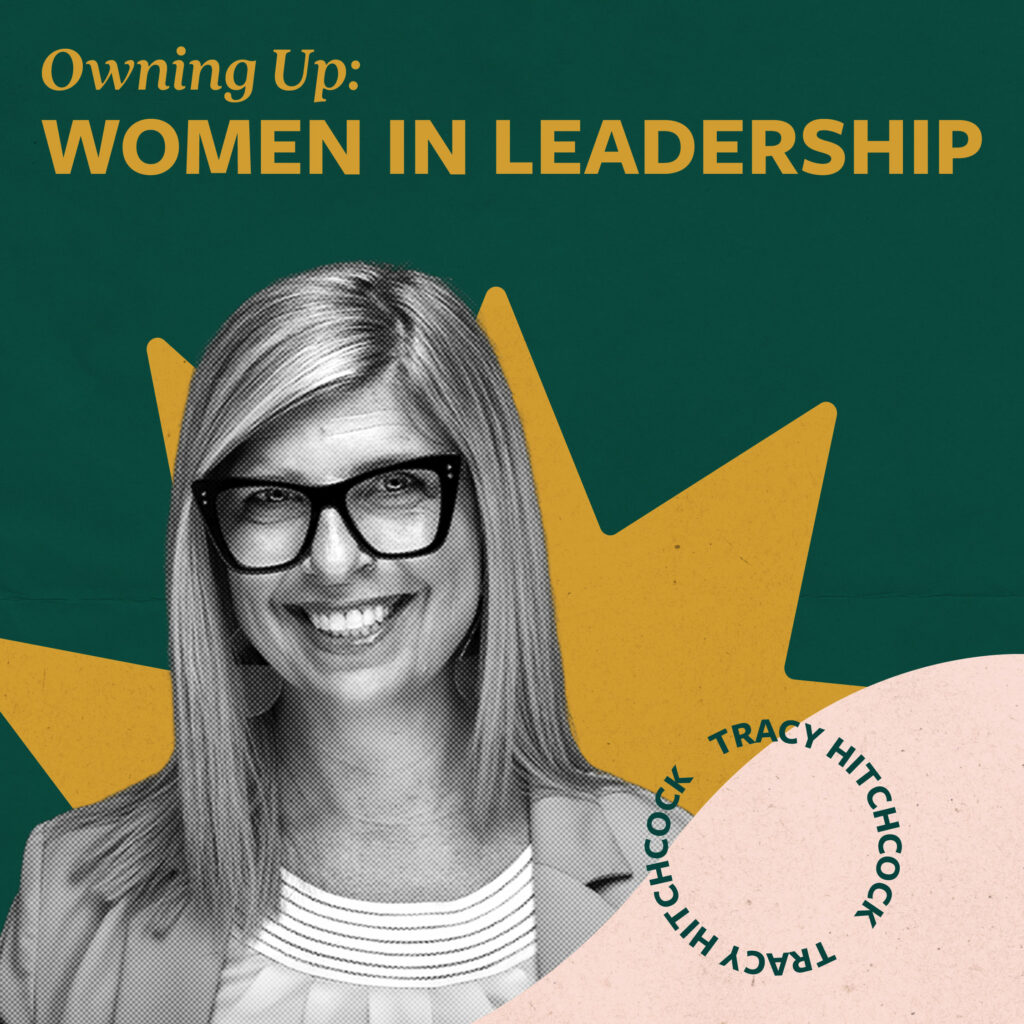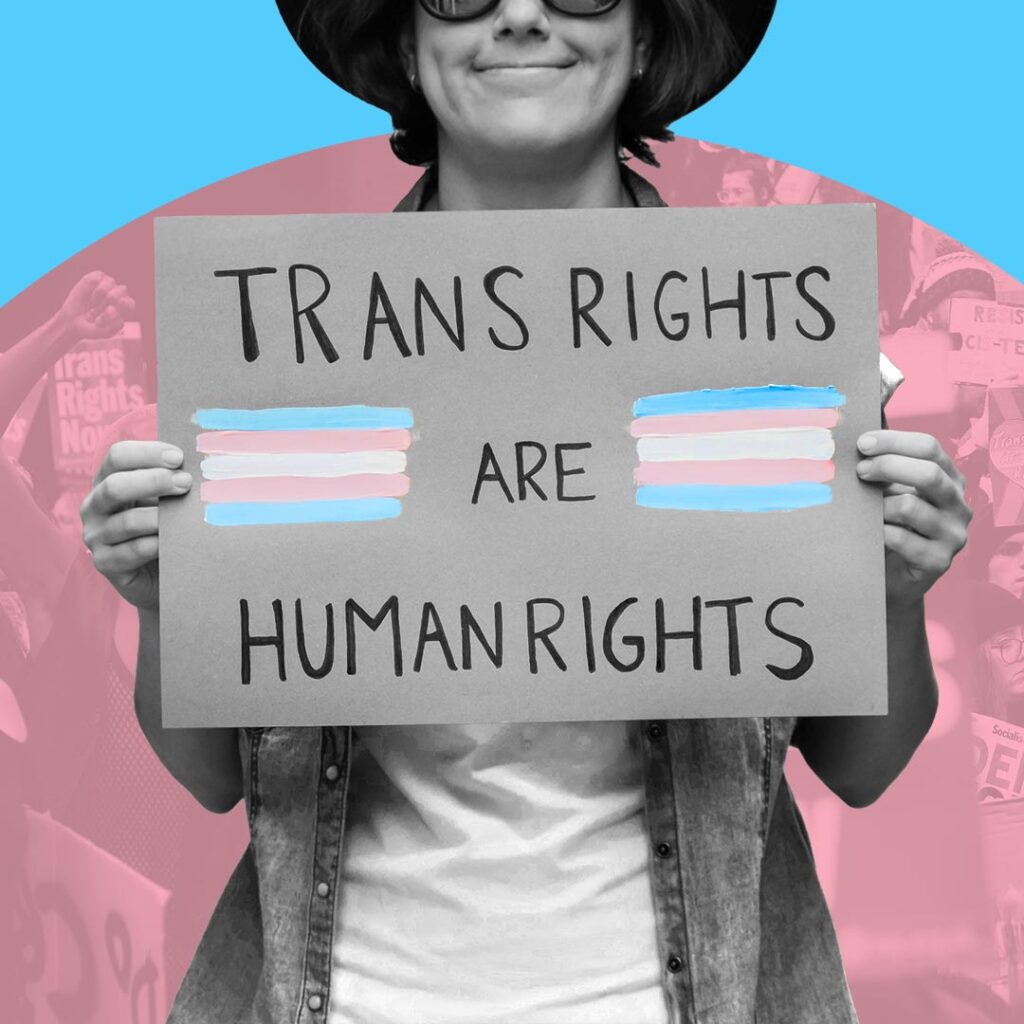September is Suicide Prevention Month – a topic most people struggle with on many levels. It’s painful to think about. Period. And many of us have had close experiences with suicide in our families, circles of friends, or even in our own lived experiences.
In a recent article in The Atlantic, David Brooks wrote about how to make America less mean (which makes a ton of sense to me). As an intro, these stats really gave me pause:
“The rising rates of depression have been well publicized, as have the rising deaths from despair from drugs, alcohol, and suicide. But other statistics are similarly troubling. The percentage of people who say they don’t have close friends has increased fourfold since 1990. More than half of all Americans say that no one knows them well. The percentage of high-school students who report “persistent feelings of sadness or hopelessness” shot up from 26 percent in 2009 to 44 percent in 2021.”
That paragraph alone is enough to make me cry.
Now, people feeling alone and isolated isn’t new. My personal experience with suicide stems from a grandmother who attempted suicide multiple times and my only sibling attempting suicide twice; once when I was 10 and the other when I was 16. I was intimately impacted by her attempts as I rode in the car to the ER with her screaming and my parents absolutely terrified. As a 10-year-old, that has a profound impact on one’s understanding of how the world works–or doesn’t–and how families work to support someone in such pain.

My belief is that sharing our personal stories helps us not only slowly pull away the stigma of mental illness but, by doing so, make it safe for folks to reach out to us for support.
We are highlighting this issue at Stoltz because we know our team is a collective of humans who, at any given time, are struggling with loneliness, fear, a myriad of hardships, or mental illness–and likely a mishmash of many of those things and more. In 2019 (the latest stat available), Idaho ranked 11th in the United States for suicide rates. While Stoltz has intentionally increased mental health benefits for our employees, we also know that as employers, we have to create a safe enough space for folks to seek a shoulder or guidance when things feel too heavy. It’s a delicate balance and one we all must strive to achieve. After all, who else do we typically spend more time with than our co-workers?
As a reminder, reach out to a friend, co-worker, Instagram connection–ANYONE–when you’re feeling lost and alone. Idaho has a tremendous resource in the Idaho Suicide Prevention hotline. Call or text 988 to connect with a human who cares. You can also call the National Suicide Prevention Lifeline at 800-273-8255 (TALK). Your call will be routed to a member of the Lifeline network based on your area code. It’s tough out there; let’s take care of one another.
If you’re struggling, it’s okay to share your feelings. To start, you could copy one of these pre-written messages and send them to a trusted contact.
Reach Out
“When you get a chance can you contact me? I feel really alone and suicidal, and could use some support.“
Contact A Loved One
“I don’t want to die, but I don’t know how to live. Talking with you may help me feel safe. Are you free to talk?”
Express Your Feelings
“This is really hard for me to say but I’m having painful thoughts and it might help to talk. Are you free?”



